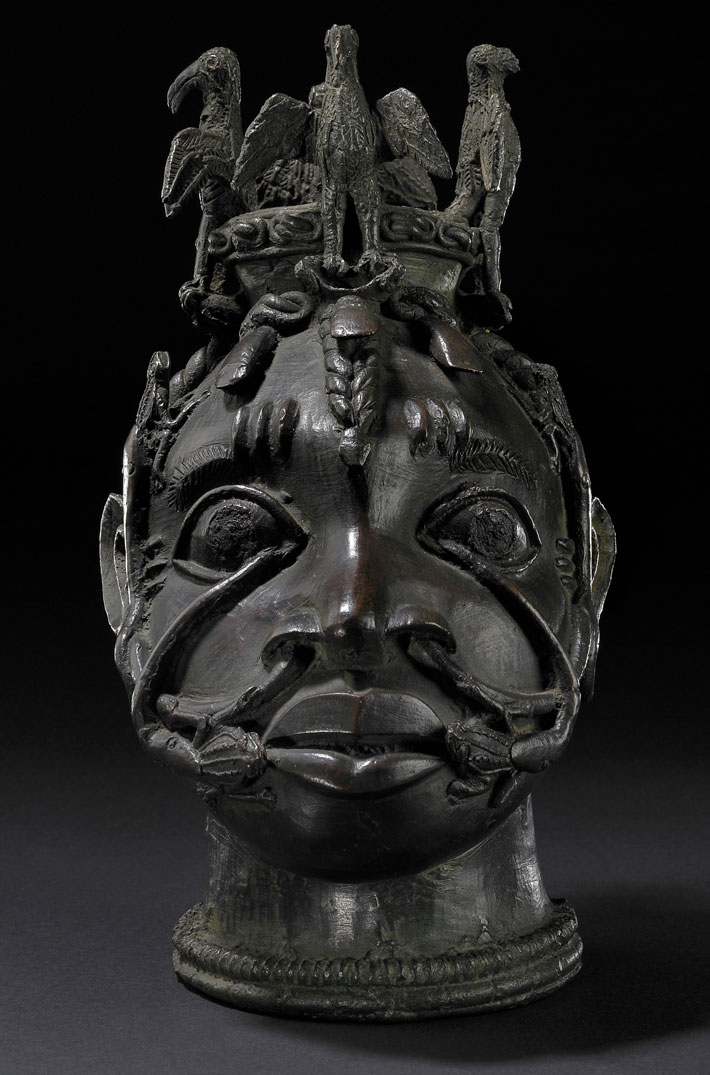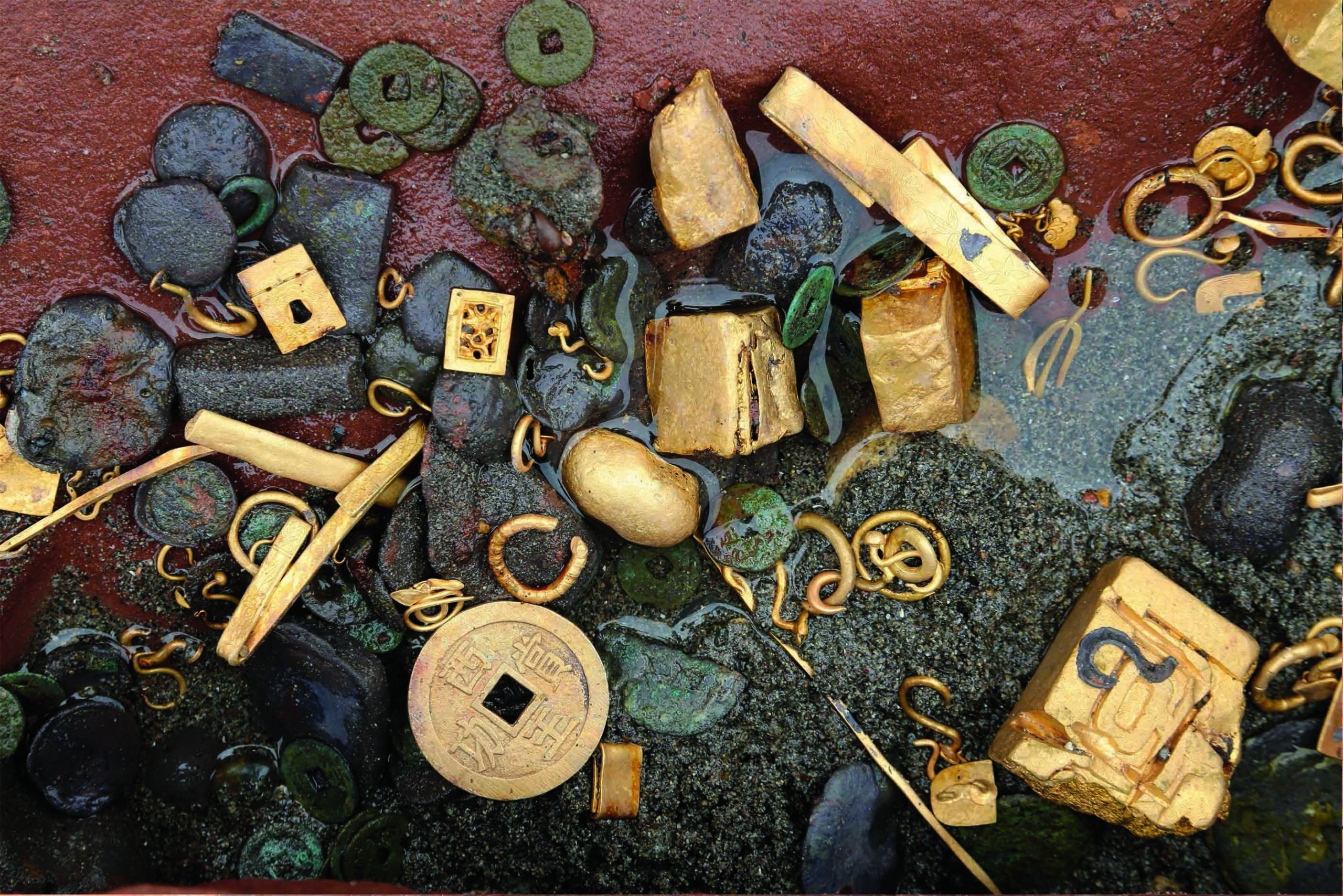TELCHAC PUEBLO, MEXICO—Newsweek reports that a remote 57-acre Maya campsite with traces of several structures, mounds of ash and charcoal, and pottery fragments has been discovered on the Yucatán Peninsula by a team of researchers led by archaeologist Mario Alberto Garrido. No other Maya sites had been identified in the area, Garrido said, and this one was probably only used by the Maya during the dry season. Most of the pottery has been dated to the Early Classic period, between A.D. 250 and 600, although some of the fragments have been dated to the Late Preclassic period, between 400 B.C. and A.D. 200. Alicia Beatriz Quintal of Mexico’s National Institute of Anthropology and History added that the remains of a large number of snails were also recovered. Many of the snail shells were complete, while others were found in fragments or had been modified. The snails are thought to have been used for food and to make utensils, such as spoons. For more on the Maya, go to "Jungle Realm of the Snake Queens."
Remote Maya Campsite Found in Southeastern Mexico
News December 28, 2023
Recommended Articles
Features January/February 2026
Taking the Measure of Mesoamerica
Archaeologists decode the sacred mathematics embedded in an ancient city’s architecture

Features November/December 2025
Acts of Faith
Evidence emerges of the day in 1562 when an infamous Spanish cleric tried to destroy Maya religion
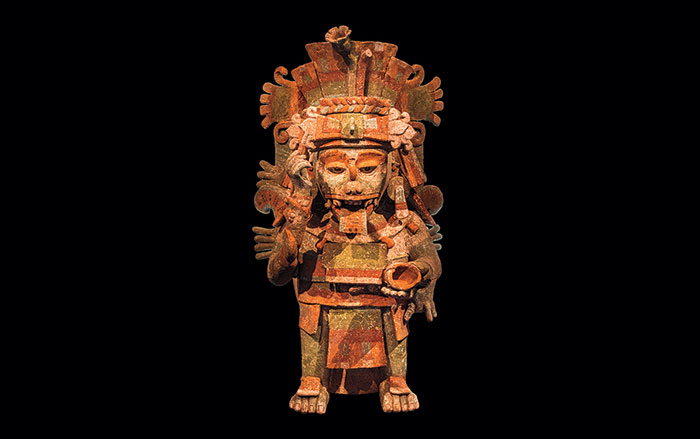
Artifacts July/August 2025
Maya Ceramic Figurine
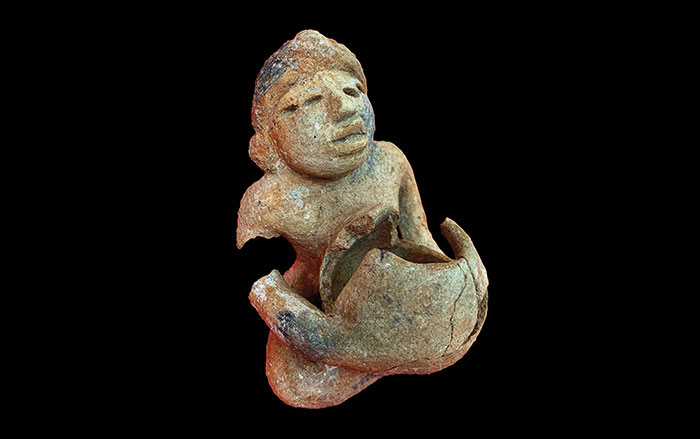
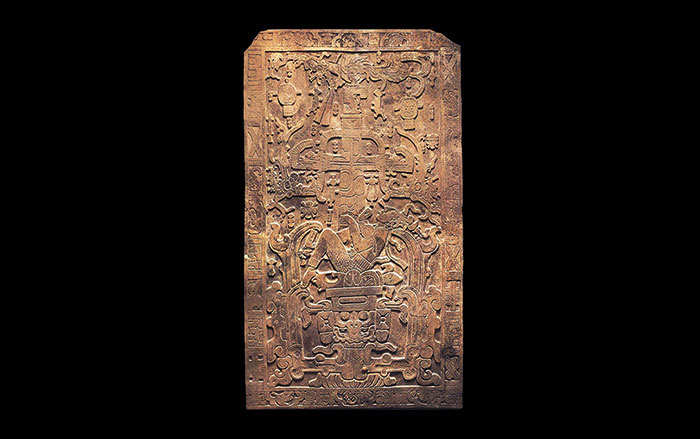
-
Features November/December 2023
Assyrian Women of Letters
4,000-year-old cuneiform tablets illuminate the personal lives of Mesopotamian businesswomen
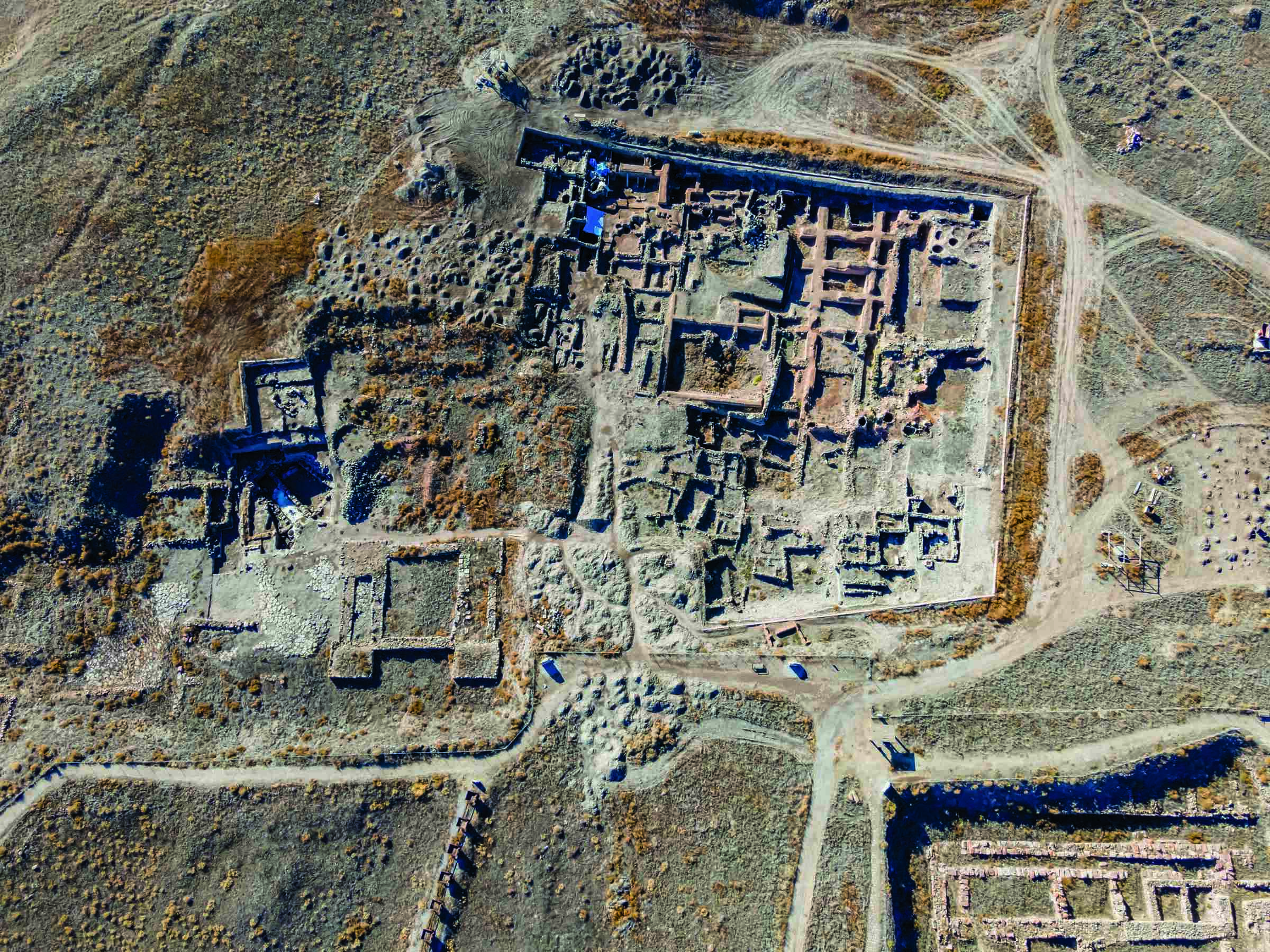 (Attraction Art/Adobe Stock)
(Attraction Art/Adobe Stock) -
Letter from El Salvador November/December 2023
Uneasy Allies
Archaeologists discover a long-forgotten capital where Indigenous peoples and Spanish colonists arrived at a fraught coexistence
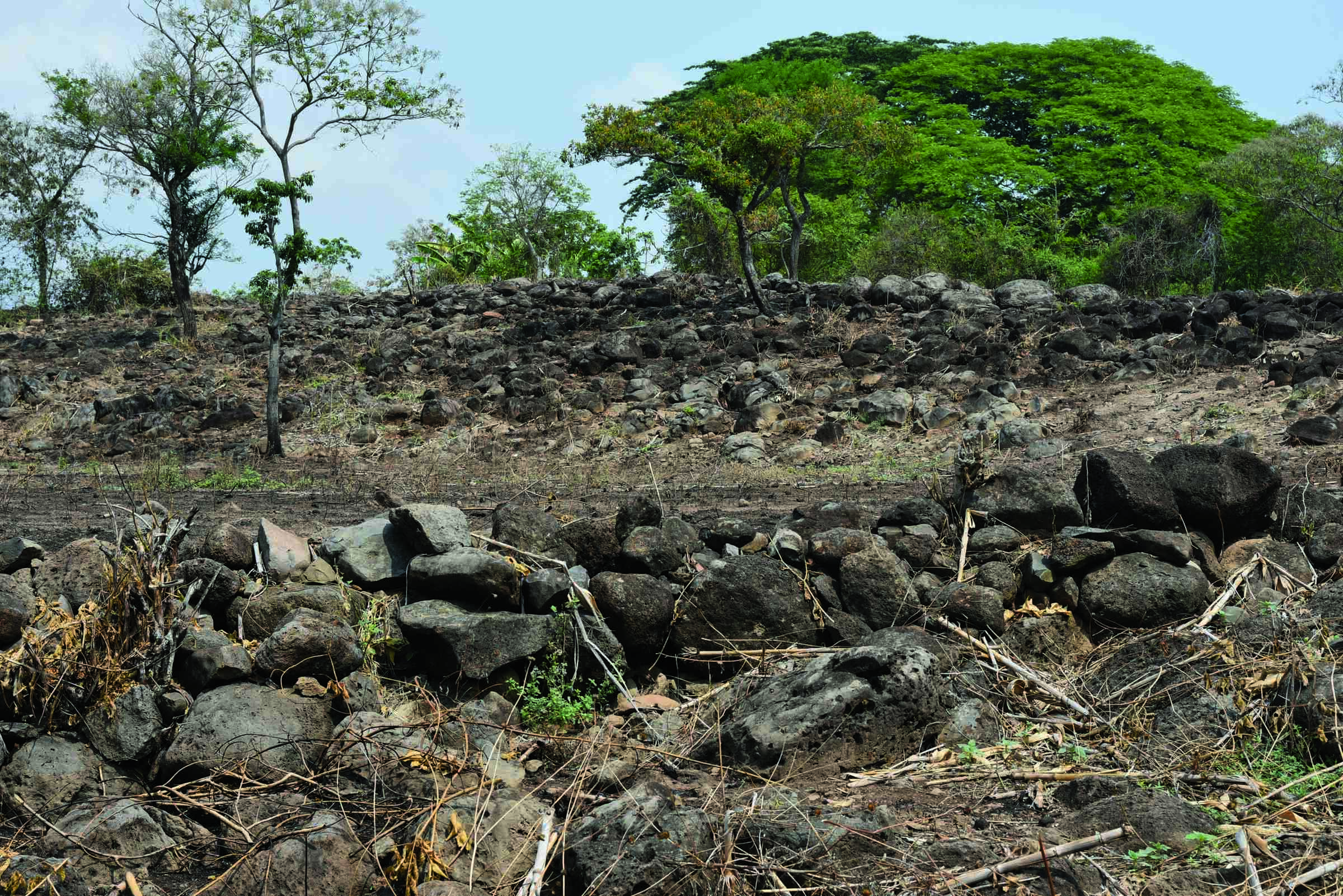 (Courtesy Roger Atwood)
(Courtesy Roger Atwood) -
Artifacts November/December 2023
Sculpture of a Fist
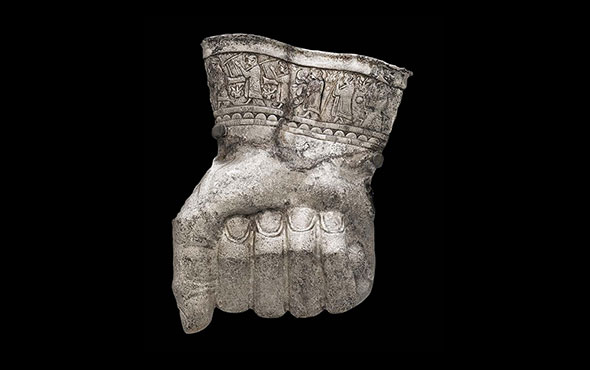 (Museum of Fine Arts, Boston/Bridgeman Art Library)
(Museum of Fine Arts, Boston/Bridgeman Art Library) -
Digs & Discoveries November/December 2023
The Benin Bronzes’ Secret Ingredient
